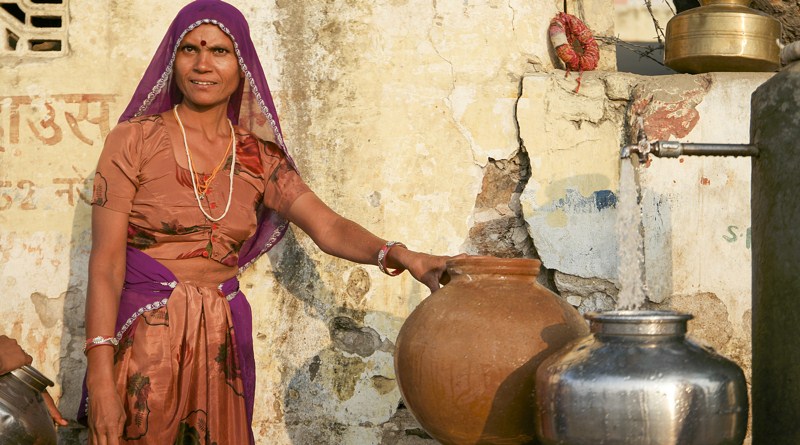Centre opens innovation challenge for water testing devices

The Centre has launched an innovation challenge for start-ups, MSMEs, innovators and corporates to develop portable devices for water testing.
The National Jal Jeevan Mission in partnership with Department of Promotion of Industry and Internal Trade (DPIIT) has unveiled the challenge in which all the selected innovations will receive handheld support and deployment opportunities.
The main objective of the exercise is to bring an innovative, modular, and cost-effective solution to develop portable devices that can be used at the household level to test the drinking water quality instantly, easily and accurately.
Water quality testing is one of the priority areas under Jal Jeevan Mission (JJM), the Centre’s flagship programme that seeks to enhance tap water supply – of adequate quantity and of prescribed quality – in rural India. The aim of the innovation challenge is to ensure that water sources are tested at various locations and at different levels.
This is expected to help policy makers design programmes which address water contamination issues.
According to an official statement, till December 23, 2020, 2.90 crore households had been provided with tap water connections under JJM – there had been an increase in tap water supply from 3.23 crore (17 per cent) in August 2019 to 6.13 crore (32 per cent) rural households in the country.
Also, every household in 20 districts, 425 blocks, 34,000 gram panchayats and 64,000 villages now have access to tap water connection.
But, people receiving piped water supply in their homes do not have any means to test the potability of water coming from their taps. This leads to a situation wherein, people often are reluctant to consume tap water directly. Urban residents also end up installing household water treatment units incurring additional expenditure.
The innovation challenge aims to address these issues in an innovative, modular and cost-effective manner.
Drinking water supply in rural areas is from largely from groundwater, which accounts for as much as 80 per cent of the supply. Surface water accounts for remaining 20 per cent of supply source.
However, due to depleting groundwater level, especially in arid and semi-arid regions, the use of surface water is on the rise. For both groundwater and surface water-based rural drinking water supply systems, it is important to measure relevant area-specific contaminations to ensure access to potable water.
The Uniform Drinking Water Quality Protocol, 2019 has specified some important parameters to be monitored for assuring portability of drinking water as per BIS IS 10500:2012 and subsequent amendments.
Participants can propose to develop portable devices for one or two or all three types: A portable device to test all the parameters (check Startup India official Website); A portable device only to detect the presence or absence of bacteriological contamination; A portable device to test one or more parameters. The package of parameters may also be selected by the innovator.
The challenge is open till January 18, 2021.

